Image
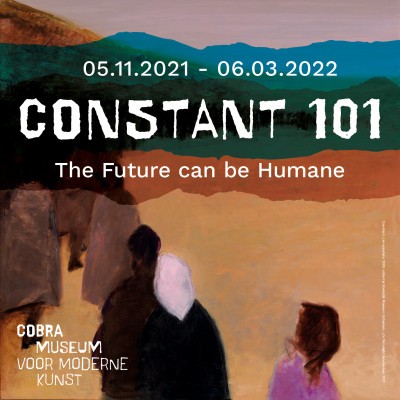

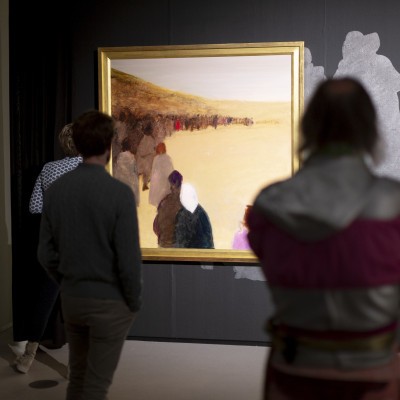
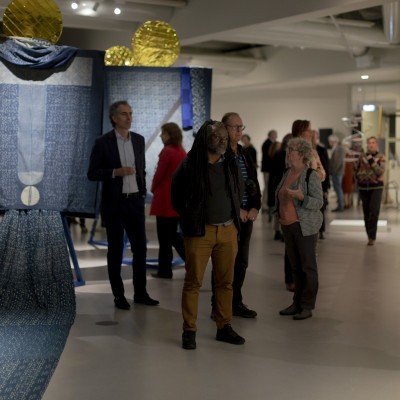
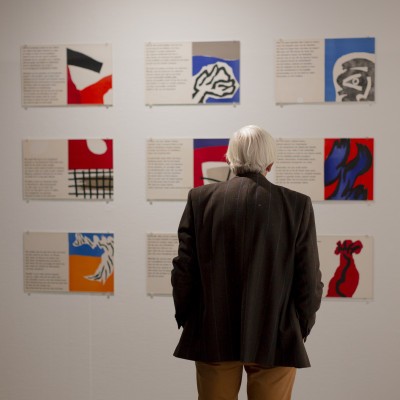
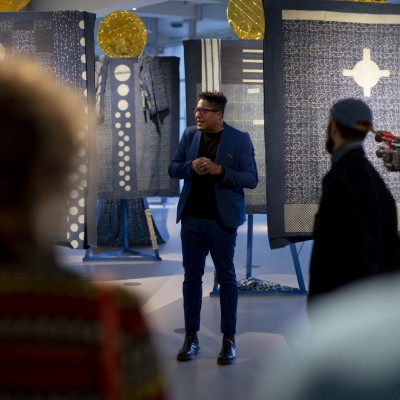
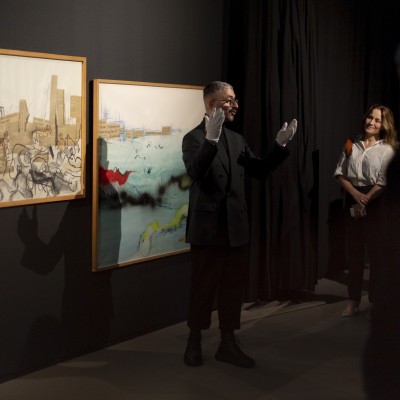
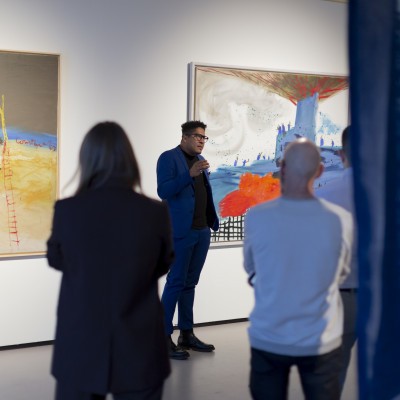
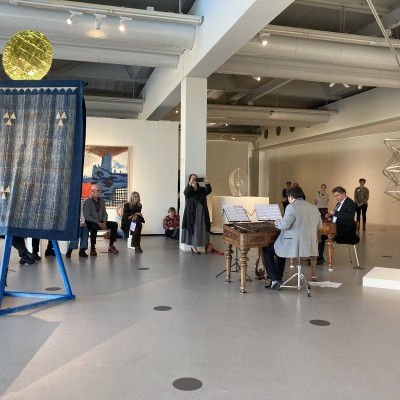
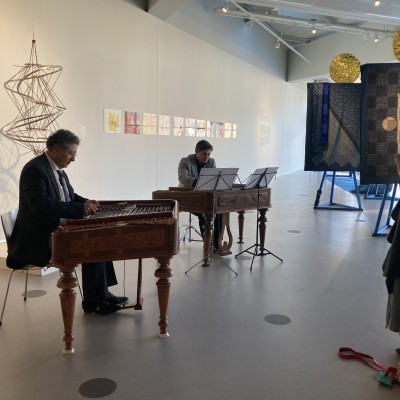
On the occasion of Constant’s 101st anniversary the Cobra Museum of Modern Art organizes the exhibition Constant 1 0 1: The Future can be Humane from 5 Nov 2021 – 06 March 2022.
The exhibition shows a selection of around forty paintings and works on paper ranges from the childlike works from the Cobra era – in which the bird regularly returns as a symbol of freedom – to works in which Constant refers to change and even revolution. In addition to his long-term project New Babylon, in which he visualised the society of the future, a number of works from the period after New Babylon are also shown.
This is the first time that the Cobra Museum focuses on this later period in Constant’s oeuvre. The culmination of the late works is the oil painting Les expulsés that Constant painted in 1999 in reaction to the Kosovo War.
Apart from Constant’s own art works, the exhibition also includes newly commissioned work by two internationally renowned contemporary artists: Antonio Jose Guzman (1971) and Antonis Pittas (1973). Each of them responds to Constant’s legacy in their own way.
Antonis Pittas selected several works of Constant to be shown in this exhibition as a collection intervention. The selection emphasizes the image of Constant as an artist with an undaunted belief in a better world, in which collectivity, peace and creativity would prevail. In addition to the curation, Antonis Pittas’ creates a spatial and layered installation called Don’t Leave Me Here with an emphasis on the theme of migration, or nomadic humankind; an interest that can be found early on in Constant’s oeuvre. Some of these works are initially hidden from view by curtains with short texts on them. The texts consist of news fragments with which Pittas draws both a direct and an associative line between our present – in which (involuntary) migration plays such a major role – and the time in which Constant lived. Hosts of the Cobra Museum will open the curtains for visitors and start a conversation with them.
Diasporic identity is also an important theme in Antonio Jose Guzman’s oeuvre. Moreover, he shares Pittas’ interest in the history of modern art. For example, in an earlier project called Piertopolis Guzman responded to Constant’s New Babylon project by representing its potential inhabitants based on the Dogon people in and around Mali. New Babylon is a future metropolis that Constant envisioned as a place without rules, ownership or restrictions on creativity and art. Its inhabitants would be nomadic in order to allow movement and the ongoing changing of the living environment. Though Constant had ideas about the behaviour of the New Babylon people, we don’t know what he envisioned this people to look like.
Keeping New Babylon inhabitants in mind, for the exhibition at the Cobra Museum Guzman created five sculptural figures. These symbolically refer to nomadism and world citizenship. Guzman collaborates with textile designer Iva Jankovic with whom he researches the transatlantic and colonial aspects of the colour indigo. Their figures will wear indigo textiles with an abstract pattern based on Guzman’s own DNA sequence which is the result of a route that runs through several continents.
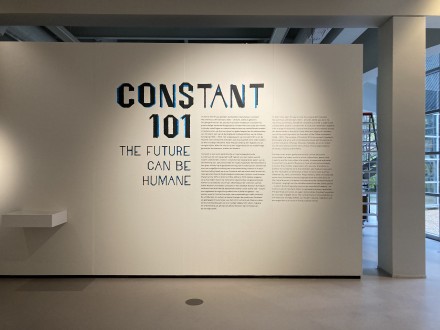
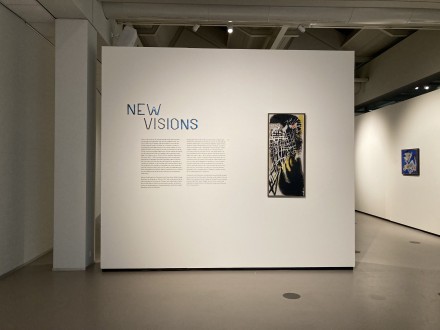
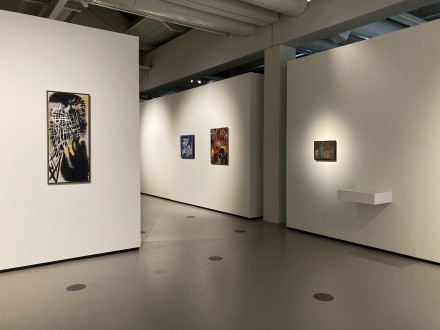
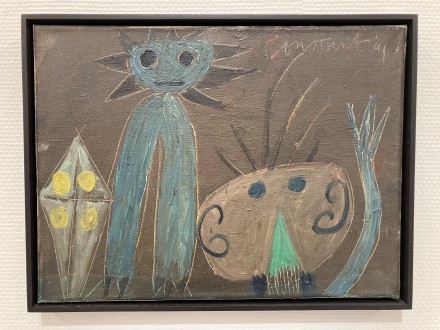
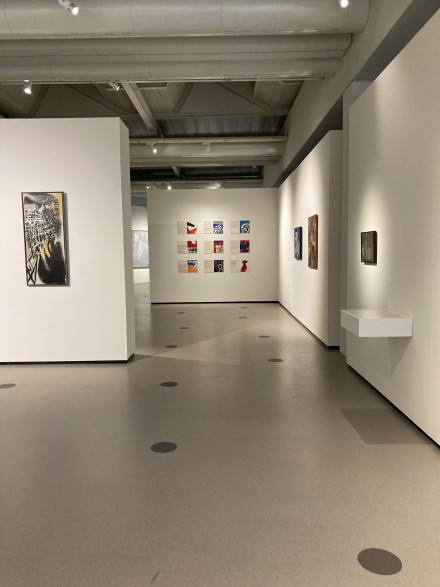
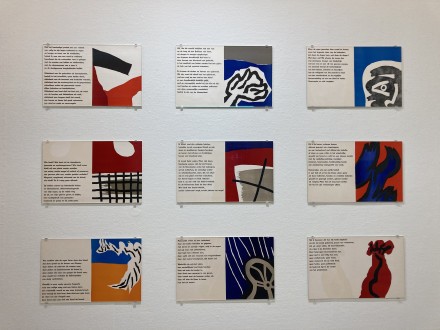
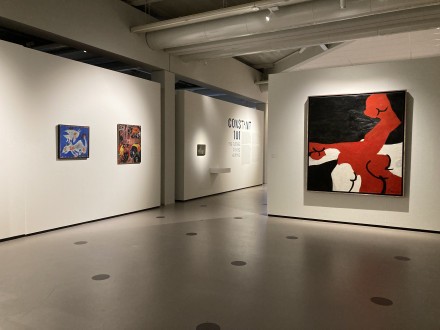
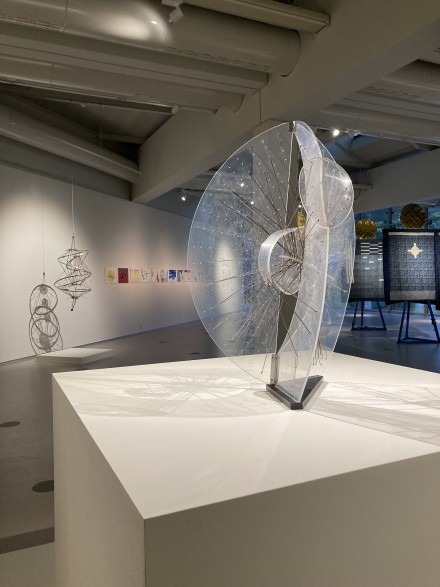
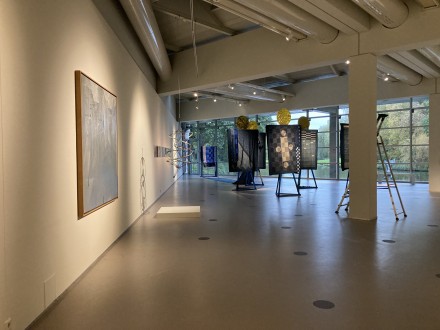
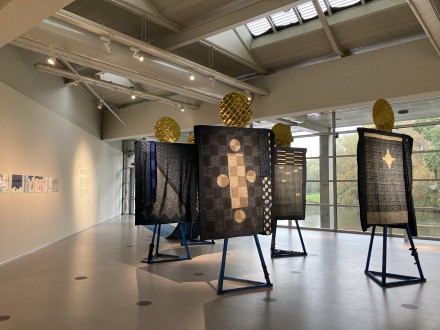
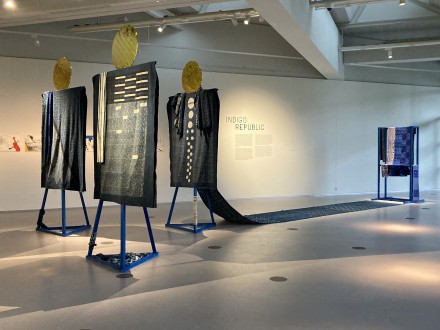
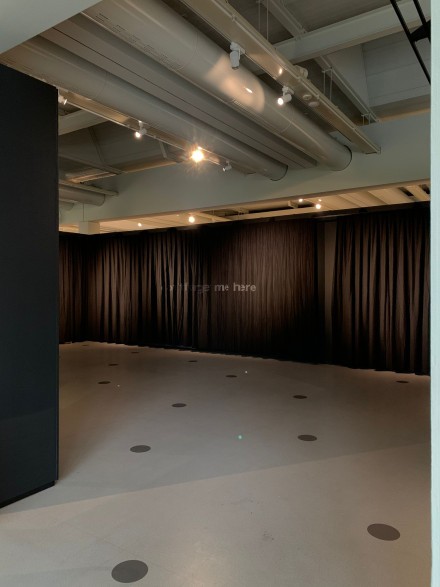
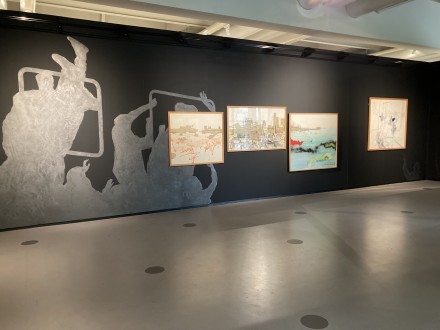
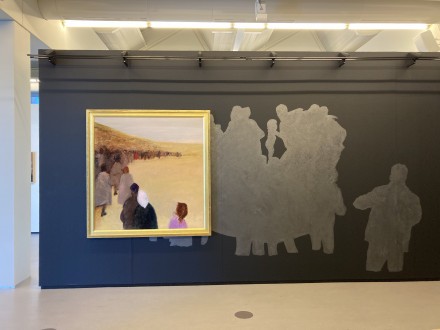
On Saturday March 5th Dani and Vasile Luca tried out a selection of their musical program during the last weekend of the exhibition The Future can be Humane in the Cobra Museum. It was magical to hear Constant’s favourite music played on his own instrument between the art works. A touching end to a beautiful exhibition.
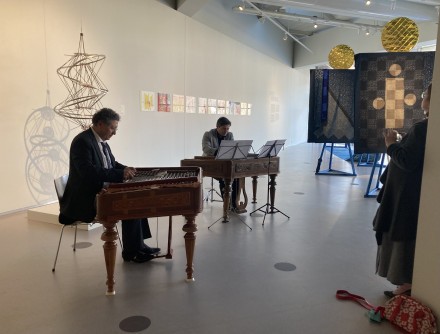
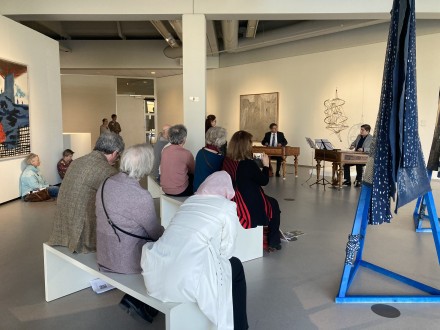
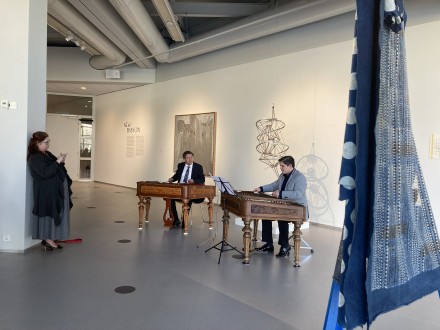
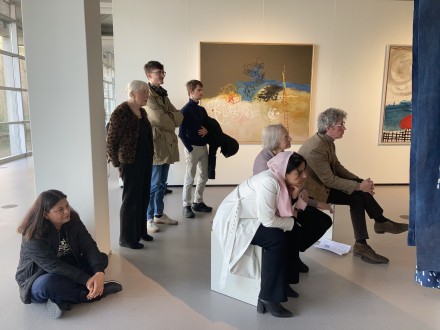
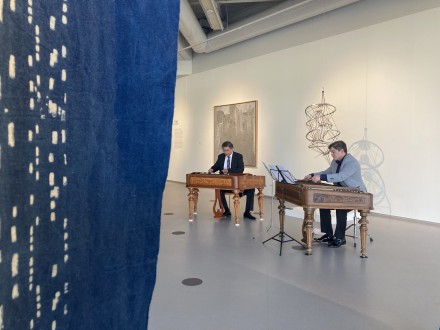
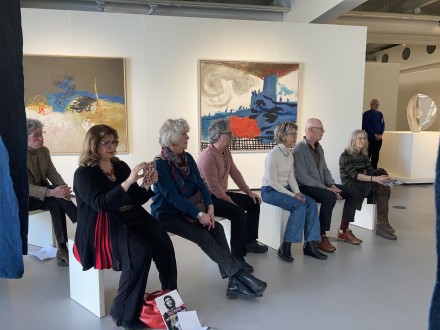
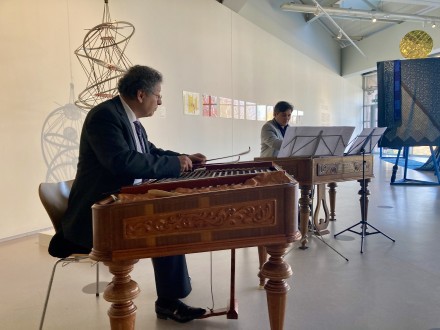
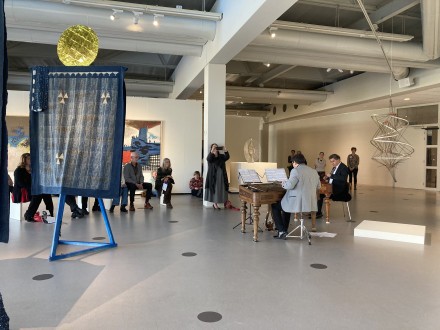
Photo’s Kim van der Horst
Partners: Cobra Museum, Fondation Constant and Stedelijk Museum Schiedam
Artists: Iva Jankovic, Antonio Jose Guzman, Antonis Pittas, Constant
Concept: Hilde de Bruijn
Project coordinator: Sanne de Rooij
Project and Collection manager: Maxim de Nooij
Text & Translation: Sanne de Rooij
Text editing: Maxim de Nooij, Marieke van Zuilichem and Renske Cecil
Design: Renata Álvarez
Installation: Guido Jelsma, Stefan Mirck & team
Communication: Patricia Bosboom, Beatrijs Jansen and Bruno Aguilar
Funding: Beatrice Puijk
The exhibition is generously supported by Mondriaan Fonds and the municipality of Amstelveen.